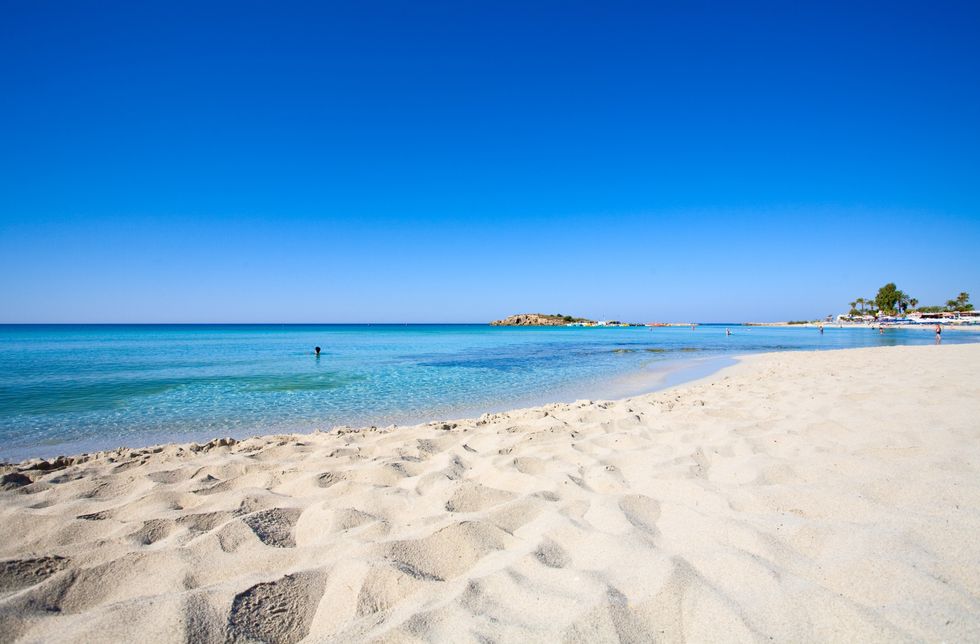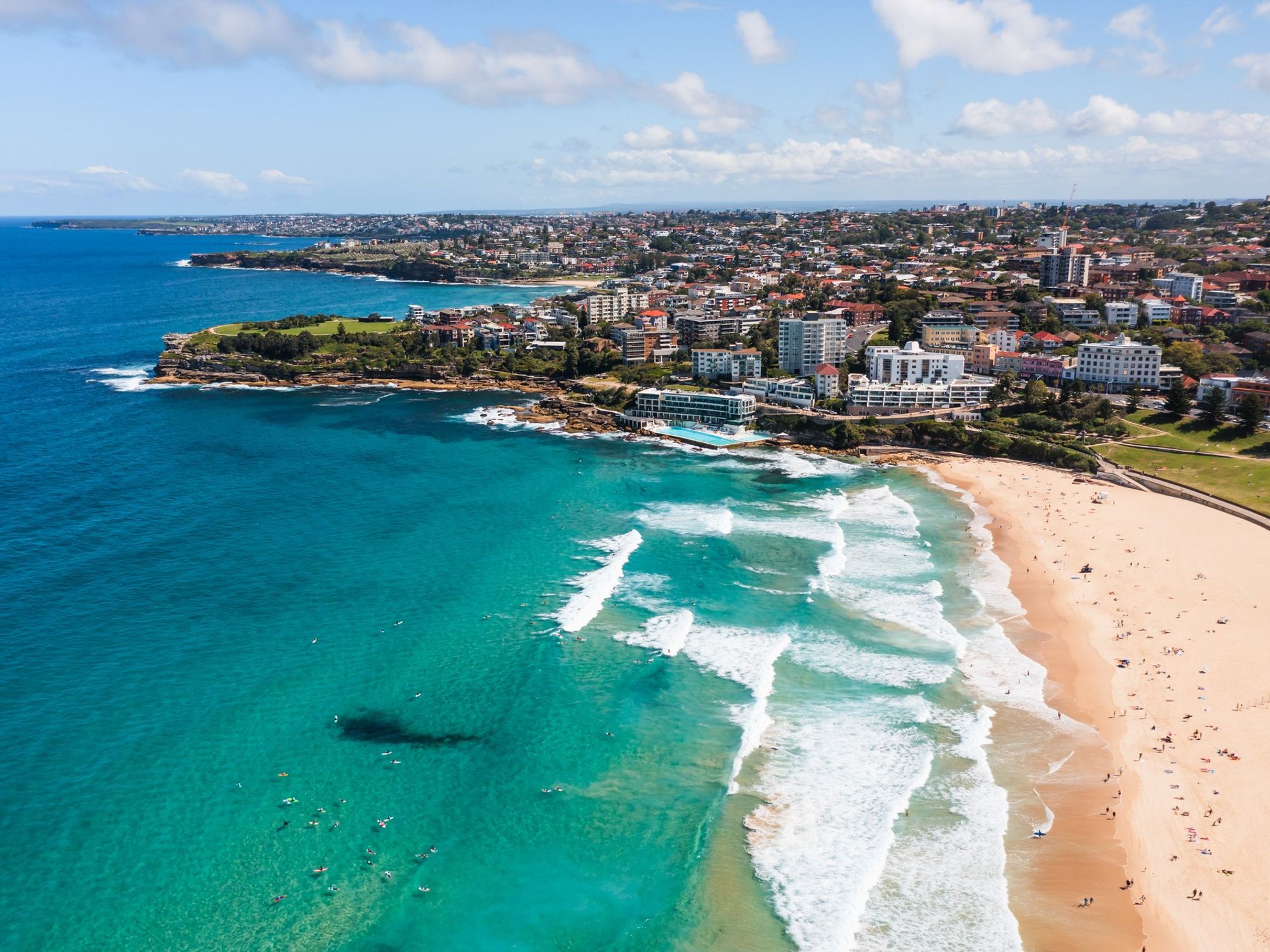Britons have been warned about new risks in Cyprus
GETTY IMAGES
Britons heading to Cyprus on holiday have been given some important advice about their trip
Don't Miss
Most Read
Trending on GB News
Cyprus is a beloved holiday destination among Britons, favoured as much for its beaches as it is for its rich history and culture.
With between 300 to 340 sunny days a year, it makes the perfect escape from the often dreary UK.
However, there are some important things Britons must be aware of if they want to travel to Cyprus, with the government updating its travel advice for the country. The UK government told Britons to be aware of political demonstrations.
GOV.UK updated its foreign travel advice, with updated airport arrival guidance and political demonstration risks. The advice is for people travelling on a full 'British Citizen' passport from the UK.
Entry requirements
There are currently no Covid testing or vaccination requirements for entering Cyprus.
Visitors must follow the Schengen area passport requirements. Your passport must have a ‘date of issue’ less than 10 years before the date of arrival. Passports issued after October 1, 2018 are now valid for only 10 years, but for passports issued before October 1, 2018, extra months may have been added if you renewed a passport early. Passports must have an ‘expiry date’ at least three months after the day you plan to leave.
Do you have a travel story you'd like to share? Contact our team by emailing lifestyle@gbnews.uk.

Cyprus is a popular destination among British holidaymakers who are keen to experience sunshine, sea and sand
GETTY IMAGES
The Government advised visitors to check with their travel provider that their passport and other travel documents meet requirements. Those without valid travel documents or try to use a passport that has been reported lost or stolen will be denied entry.
Visitors can travel without a visa to Cyprus for up to 90 days, as a tourist, to visit family or friends, to attend business meetings, cultural or sports events or for short-term studies or training. Those who wish to stay longer must consult the Cyprus High Commission. Consult GOV.UK for information on travelling to Cyprus for work. Those whose visit includes the north of Cyprus should visit the website for regional risks.
Travellers were warned not to outstay their visas. You could be questioned by immigration at the airport on exit, or put on a ‘stop list’ and refused entry for up to five years.
Visitors to Cyprus will have their passports stamped upon their entrance and exit. This will be used to check compliance with the 90-day visa-free limit for short stays.
Travellers were told that those entering or exiting the Schengen area through Cyprus as visitors should check that their passport is stamped.
If the relevant entry or exit stamp is not in your passport, border guards will presume you have overstayed your visa-free limit. You can then provide transport tickets as evidence of when you entered or exited Cyprus. Border guards should add the entry or exit date and location in your passport.
Visitors may also need to show a return or onward ticket or prove they have enough money for their stay.
Consult GOV.UK for the latest information on Cyprus travel, including information on travelling within Cyprus. The Government's advice takes holidaymakers through what they need to know about entry into the Republic of Cyprus through the north of Cyprus, vaccination requirements (other than Covid vaccination), and customs rules including taking food into Cyprus.
Safety and security
Britons were warned that Cyprus has "political demonstration risks". GOV.UK advised: "Demonstrations may occur with little or no warning in cities.
"Events in the Middle East have led to heightened tensions and demonstrations are likely.
"Avoid any protests, political gatherings, or marches and leave the area if one develops. Local transport routes may be disrupted."
LATEST DEVELOPMENTS

Cyprus is brimming with beautiful buildings and is steeped in history
GETTY IMAGES
The political situation is that The Republic of Cyprus is a full EU member, however the country is divided by the Green Line. The British government does not recognise the self-declared ‘Turkish Republic of Northern Cyprus’.
Another risk Britons should be aware of in Cyprus is terrorism. While it is not a current issue, Britons must remain vigilant.
The Government warned: "There is a high threat of terrorist attack globally affecting UK interests and British nationals, including from groups and individuals who view the UK and British nationals as targets. You should remain vigilant at all times.
"UK Counter Terrorism Policing has information and advice on staying safe abroad and what to do in the event of a terrorist attack. Find out more about the global threat from terrorism.
"Although there is no recent history of terrorism in Cyprus, attacks cannot be ruled out. Attacks could be indiscriminate, including in places visited by foreigners."
Consult GOV.UK for further important information on Cyprus, including drink spiking, laws and cultural differences, transport risks, outdoor activities, and extreme weather / natural disasters.








